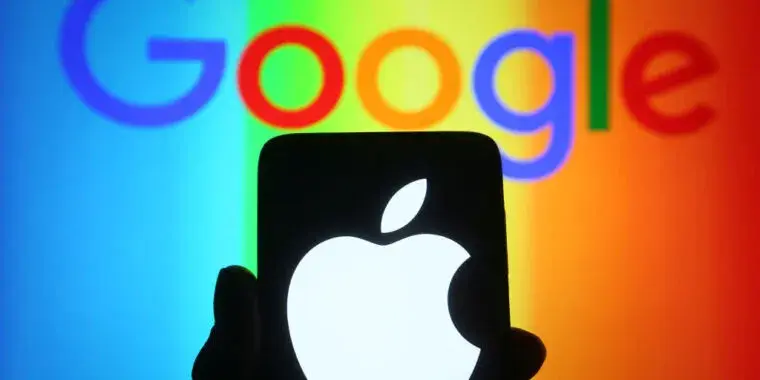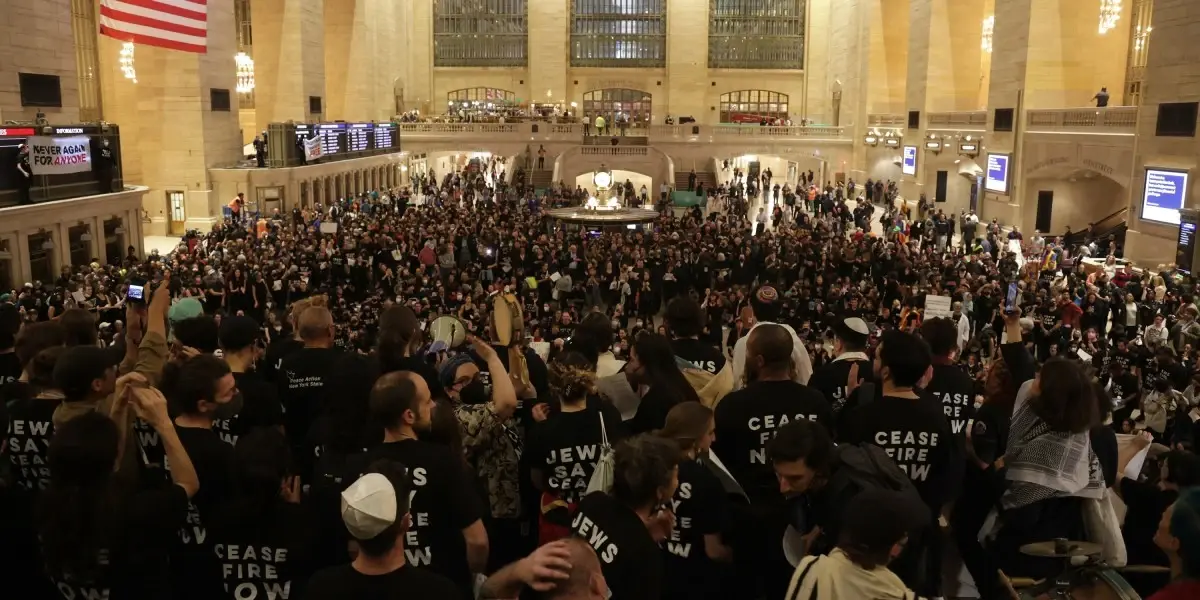nothing better than Signal
he/him
openpgp4fpr:8d54f85b414086d978e71df49f845578082de33d
- 7 Posts
- 19 Comments
Signal was developed with financial backing by the CIA, so do with that information what you will.
source?

 197·22 days ago
197·22 days agoNPR News is probably what you’re looking for. sports and celebrity stuff is relegated to the Culture section, which is its own separate thing (although there are a couple of music stories that seem to have been misplaced). here is the RSS feed for the News section: https://feeds.npr.org/1001/rss.xml

 20·7 months ago
20·7 months agooddly specific objection aside, where podcasting really shines is fiction. it’s the modern version of the radio drama. fiction podcasts like Welcome to Night Vale and Find Us Alive have narratives that are tailor-made for episodic audio and would not work in any other medium. a good fiction podcast is truly wonderful to listen to

 4·8 months ago
4·8 months agothey are so much more than that. Builder for example has a full tree view of your project, instant compiling (well, instant in the sense that the compile button is always accessible and you don’t have to leave the application to do it), live preview for markup languages, Git integration, unit tests, profiling, and several other things I can’t remember right now. so no, an IDE is an entirely different beast from a text editor
the ones I build. I have to admit the Switch is really fun, but at the end of the day it’s just another DRM machine. I’d rather have a rig sitting somewhere that I built to my exact specifications, that I can connect to from wherever, and that will run whatever I want

 75·8 months ago
75·8 months agodoesn’t the Bible specifically warn about people like Trump?
For people will be lovers of self, lovers of money, proud, arrogant, abusive, disobedient to their parents, ungrateful, unholy, heartless, unappeasable, slanderous, without self-control, brutal, not loving good, treacherous, reckless, swollen with conceit, lovers of pleasure rather than lovers of God, having the appearance of godliness, but denying its power. Avoid such people.
— 2 Timothy 3:2–5, English Standard Version

 25·8 months ago
25·8 months agoon the other hand, there could be an enemy of my enemy situation, because everyone in the Middle East hates Israel (and for good reason too: not only is Israel run by genocidal fucks, but they stole everyone’s land). it’s not impossible that Jordan, Egypt, and neighboring countries would gang up on Israel.

 10·8 months ago
10·8 months agogenocide and ethnic cleansing were inevitable from the moment Israel was formed. ethnic cleansing is the inevitable result of an ethnostate, and Israel was formed to be a Jewish ethnostate. an ethnostate is an ethnostate, regardless of which ethnicity it’s for

 33·8 months ago
33·8 months agodon’t forget the part after “open crypto app” where you find out your favorite coin crashed overnight and you now have 29 cents

 66·8 months ago
66·8 months agoI’m not gonna speculate on what you’re buying, but I’m afraid you’re gonna get involved with shady people no matter what if you’re using cryptocurrency. the entire industry is in the midst of a cascade failure thanks to Three Arrows Capital going toes up, and con artists and thieves are cashing in. cryptocurrency exchanges are using their own customers’ money for not-so-good purposes, stablecoins are rapidly losing their pegs, and it seems like a bridge gets cracked every other day. my advice? if you don’t want to deal with shadiness, you really shouldn’t use cryptocurrency at all.

 36·9 months ago
36·9 months agoOuter Wilds: Echoes of the Eye. i can handle horror just fine, but Echoes of the Eye is on entirely another level of horror than most everything else. i was only able to complete about a third of it before i got too psyched out to continue

 8·9 months ago
8·9 months agoI can sort of see the appeal if it were able to plug into your smart home or something so it could respond to queries like “where’s the dog”, but as a general knowledge assistant it’s worse than useless (unless it magically doesn’t confabulate anything anymore)
if you try to upvote/downvote or comment on a post from a community you’re banned from, you’ll get a message informing you that you’re banned
I’m not too keen on Tomorrowland. it’s got a lot of great man theory messages in it, which isn’t surprising since it was written and directed by Brad Bird, a notorious Objectivist

 2·10 months ago
2·10 months agoranked-choice is the wrong choice here. it’s expensive to print new ballots and the process is needlessly convoluted and wasteful. approval voting is not only cheap and effective, it more accurately represents the will of the people

 1·9 months ago
1·9 months agoWikipedian here - AI on Wikipedia is actually nothing new. we’ve had a machine learning model identify malicious edits since 2017, and Cluebot (an ML-powered anti-vandalism bot) has been around for even longer than that.
even so, this is pretty exciting. from what i gather, this is a transformer model turned on its side; instead of taking textual data and transforming it, it checks to see if two pieces of textual data could reasonably be transformations of each other. used responsibly, this could really help knock out those [dubious] and [failed verification] tags en masse
conspiracy theories i agree with, but religion? organized religion, definitely. joining a religion with a hierarchy signals that you want someone else to give you all the answers, which is very much a mark of poor education. but religious beliefs are not an automatic marker of poor education, as long as they’re sincerely held, don’t supersede science, and are frequently revisited and revised based on personal experience and knowledge. even basic, broad frameworks like animism or some parts of Buddhism can help you make sense of the world when science can’t help you







I looked up the Open Technology Fund on Wikipedia and it has no relation to the CIA. well, except that its parent agency (Radio Free Asia) is part of the US government like the CIA is. they don’t seem to work together at all, and they’re under the purview of two different branches of government
besides, as other commenters have said, they’re open source and they’ve been audited. anyone can build the client themselves (with any potential backdoors removed) and set up their own server. would the CIA allow for that?